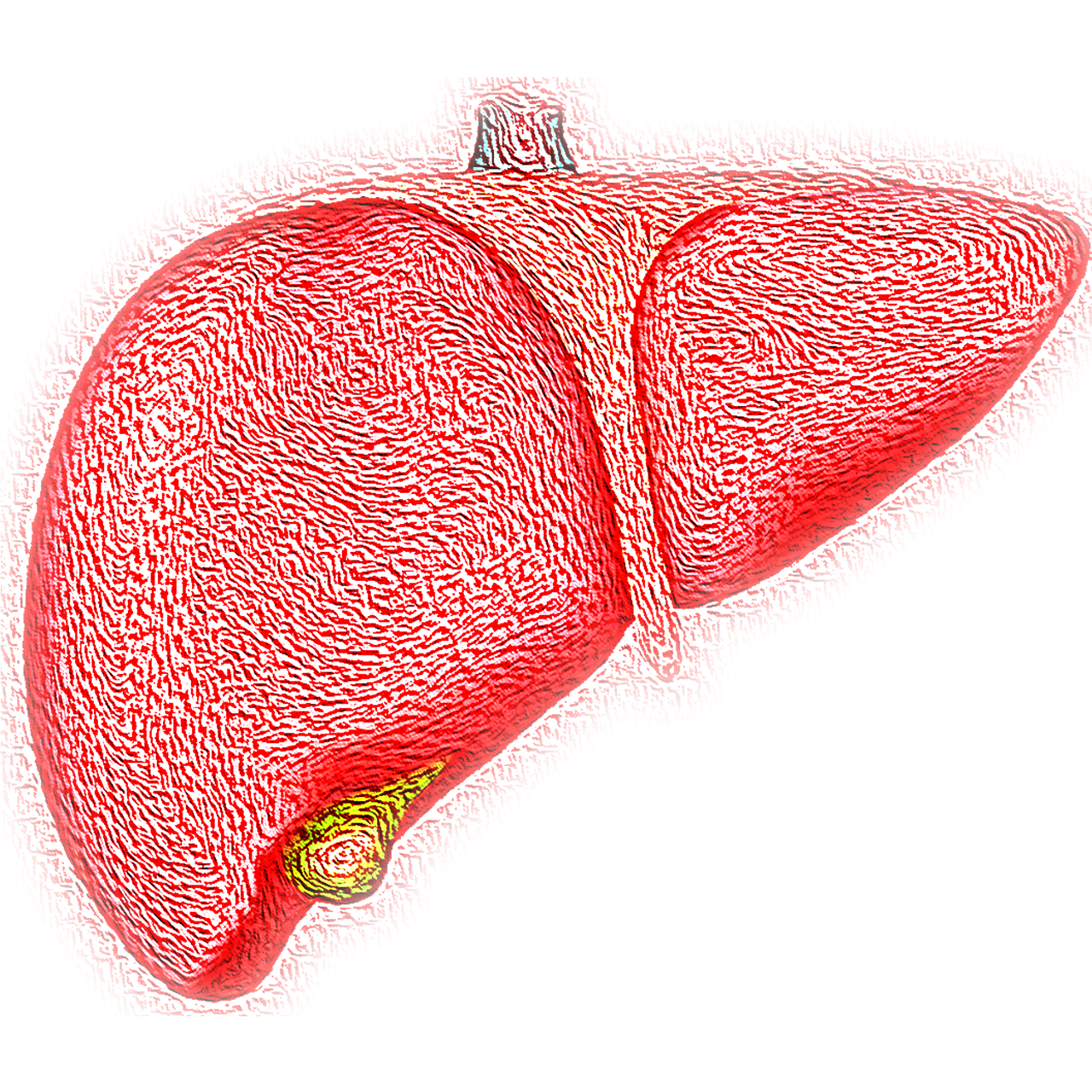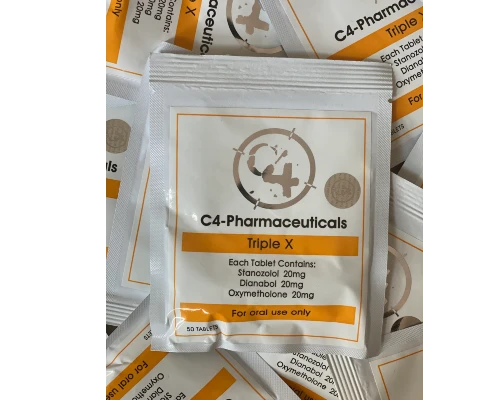Anadrol, also known as Oxymetholone, is a popular anabolic steroid used by bodybuilders and athletes to enhance muscle mass and performance. However, one of the biggest concerns associated with Anadrol usage is its potential negative impact on liver health. In this article, we aim to dispel the myths surrounding Anadrol and provide you with accurate information regarding its effects on the liver.
Understanding the Basics: What is Anadrol?
Anadrol is an oral steroid that belongs to the class of drugs called anabolic-androgenic steroids (AAS). It was initially developed to aid individuals suffering from various medical conditions that cause muscle wasting, such as HIV/AIDS and osteoporosis. Due to its potent muscle-building effects, it later gained popularity in the fitness and bodybuilding community.
The Role of the Liver
The liver is an essential organ responsible for numerous bodily functions, including detoxification, metabolism, and hormone regulation. It plays a crucial role in breaking down substances, such as medications and toxins, and converting them into forms that can be excreted from the body. As Anadrol is an oral steroid, it must pass through the liver for metabolism.
Anadrol and Liver Toxicity: Separating Fact from Fiction
There are several widespread misconceptions regarding Anadrol’s impact on liver health. While it is true that Anadrol can potentially cause liver damage, it often occurs with prolonged and excessive misuse. Proper usage within recommended guidelines and under medical supervision significantly reduces the risk of liver toxicity.
Medical Considerations: Dosage and Duration
The key to minimizing the potential liver damage associated with Anadrol lies in using it responsibly. Medical professionals typically prescribe Anadrol at lower doses and for short durations to mitigate adverse effects on liver health. The recommended dosage for patients with medical conditions ranges from 1-5 mg/kg daily for a maximum of 3-6 months.
Routine Liver Function Monitoring
Regular liver function monitoring is crucial for individuals using Anadrol or any other oral steroids. By regularly evaluating liver enzyme levels, healthcare providers can identify any potential liver damage and take appropriate actions to prevent further harm. It is vital to undergo comprehensive pre- and post-cycle bloodwork to assess liver health accurately.
Lifestyle Factors: Diet and Alcohol Consumption
While using Anadrol, your lifestyle choices can significantly impact liver health. Eating a balanced diet rich in fruits, vegetables, and lean proteins can support overall liver function. Additionally, minimizing alcohol consumption or completely avoiding it can further protect the liver from unnecessary stress and damage.
Combining Anadrol with Liver Support Supplements
To further safeguard liver health while using Anadrol, many individuals opt to include specific liver support supplements. These supplements typically contain ingredients like milk thistle, turmeric, and N-acetyl cysteine, which have been suggested to possess hepatoprotective properties. However, it is always best to consult with a healthcare professional before incorporating any additional supplements into your routine.
Conclusion
Anadrol’s impact on liver health is a topic surrounded by myths and misconceptions. While it is true that improper usage of Anadrol can potentially lead to liver damage, responsible usage within recommended guidelines can minimize this risk. Regular monitoring of liver function, adopting a healthy lifestyle, and consulting with medical professionals are essential steps towards maintaining liver health while on Anadrol. Remember, always prioritize your well-being and make informed decisions when it comes to your fitness journey.




